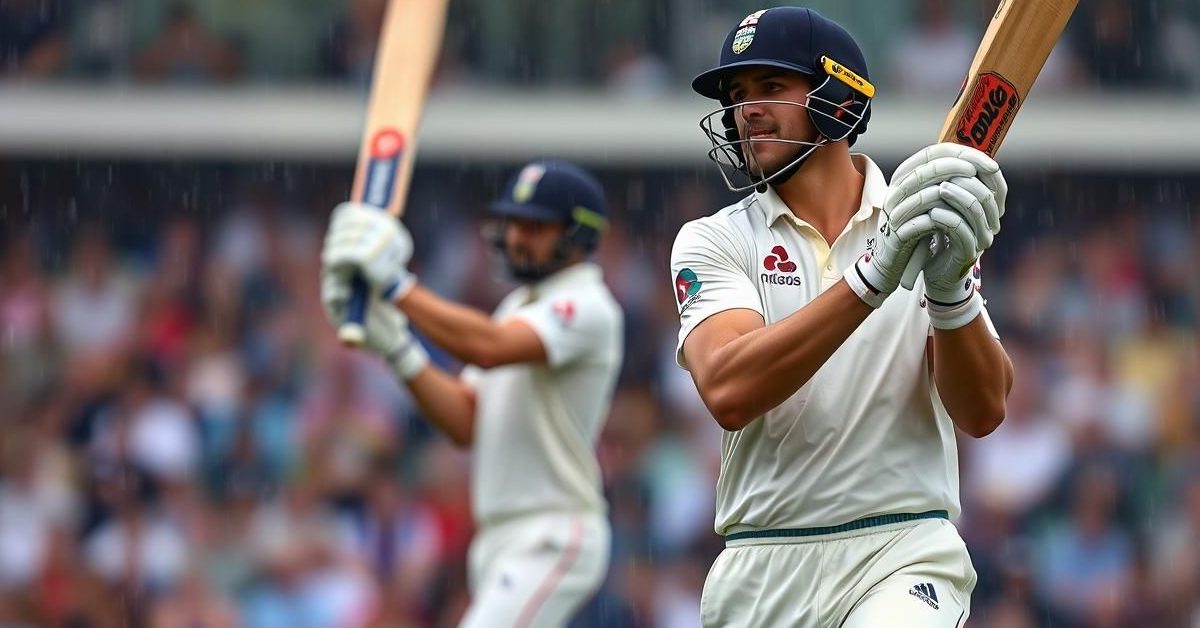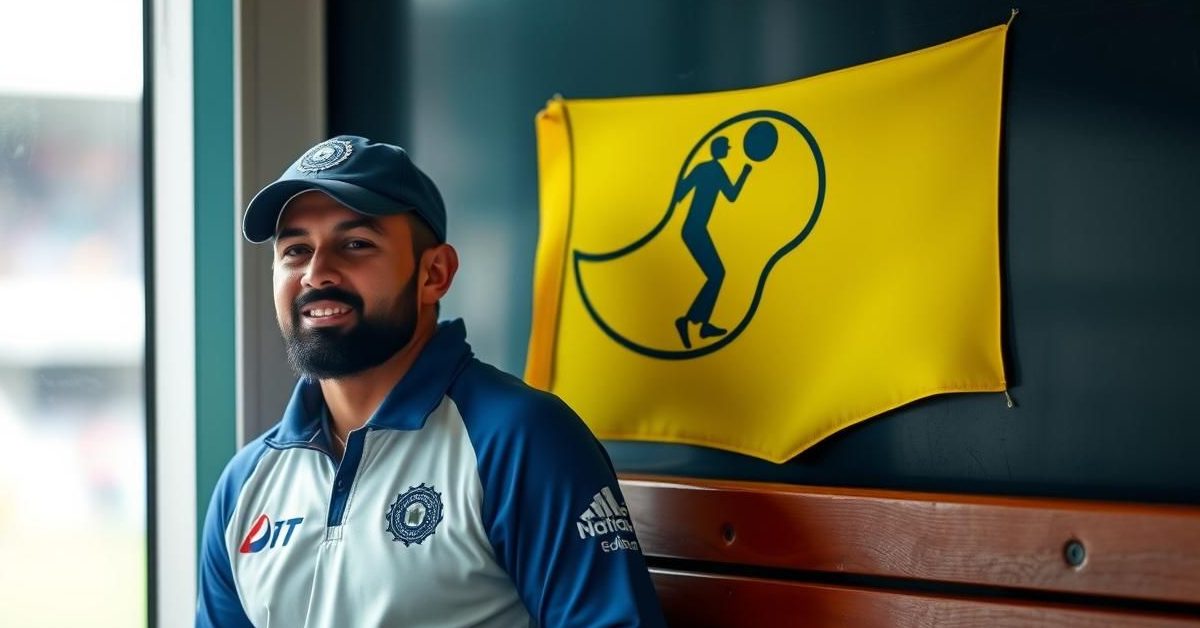India’s young chess sensation D Gukesh, despite his recent triumphs, is facing a wave of criticism, mirroring the experiences of legendary five-time World Champion Viswanathan Anand from decades past.
Gukesh Faces Scrutiny
At just 18, D Gukesh has already ascended to the world champion’s throne in classical chess. However, his rise has been met with significant doubts and sharp criticism from top chess figures, including world number one Magnus Carlsen.
Carlsen recently questioned Gukesh’s abilities in faster formats like rapid and blitz, even stating he would approach games against him as if playing a “weaker player.” This follows earlier remarks from Carlsen during the World Championship battle, where he critiqued the overall quality of play.
Former world champion Vladimir Kramnik went as far as to declare it “the end of chess as we know it” when Gukesh clinched the world title. While Gukesh has had mixed results in rapid and blitz before, the intensity of the criticism seems unusually direct.
Despite the verbal jabs, Gukesh remains remarkably composed. He acknowledges his past performance in faster formats but hints at improvements, famously stating, “Nobody knows what’s happening behind the scenes. Only I know that,” shortly before beating Carlsen in a rapid game.
Anand’s Early Battles
The experience of facing harsh judgment is not new for Indian chess prodigies. Over four decades ago, Viswanathan Anand, then a rising star from Chennai, endured similar scorn from established Soviet players who felt their dominance was being threatened.
In 1991, at his first major international tournament in Reggio Emilia, a Russian grandmaster dismissively called Anand a “coffee-house player.” This jibe implied a lack of professional training and a tendency to experiment too much, rather than adhering to rigid Soviet chess principles.
From Talent to Threat
However, Anand’s performance at Reggio Emilia quickly changed the narrative. He famously defeated Soviet legends like Garry Kasparov and Anatoly Karpov, ultimately winning the tournament. This victory, against a field of nine Soviet players, shifted their perception from “talent” to “problem.”
After Anand’s win, opponents tried to undermine his achievement. Karpov, for instance, downplayed the tournament’s significance, a sentiment he likely wouldn’t have expressed had he won. Anand himself noted that criticism intensified when he became a genuine threat to their dominance.
He recalls a conversation where another non-Soviet player advised him to “enjoy the criticism while it lasts,” suggesting that such remarks were a sign of respect, even fear, from his rivals. This taught Anand that being trash-talked often means you’re truly respected.
The “Nice Guy” Label
Anand also faced the “nice guy” stereotype, often used to imply a lack of killer instinct. After the 1998 World Championship, Anatoly Karpov famously remarked that Anand was a “nice guy” but “just doesn’t have the character for a big win.”
This stereotype resonates with the current generation of Indian players, including Gukesh, R Praggnanandhaa, and Arjun Erigaisi, who are sometimes perceived as less intimidating. Anand addressed this in his autobiography, noting that while he thrives when happy, some might misinterpret this as being a pushover.
He also recollected the dismissive reaction to his first world title in 2000, where the chess world questioned his worthiness. The emotions Anand experienced in the 90s — from being praised as a talent to being publicly criticised, and seeing his success dismissed — are strikingly similar to what Gukesh faces today.
- Both D Gukesh and Viswanathan Anand faced significant public criticism early in their careers despite their success.
- Critics initially dismissed Anand as a “coffee-house player,” and Carlsen has questioned Gukesh’s rapid and blitz skills.
- Anand learned that intensified criticism often signifies that rivals perceive you as a threat.
- The “nice guy” stereotype and questioning of their “character” have been common themes for both players.
Just as Anand was advised decades ago, the best response for Gukesh seems to be embracing the criticism, understanding it as a sign of his growing stature in the chess world.













